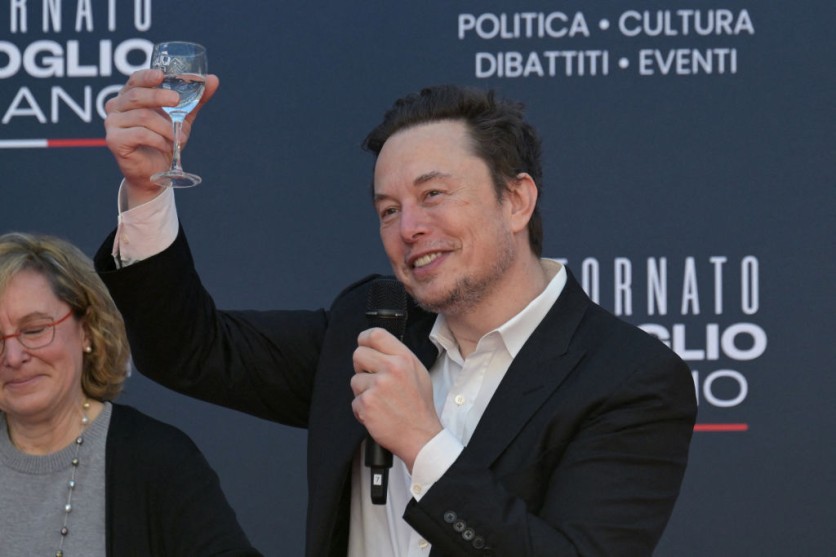The first human implanted with Neuralink's brain chip appears to have made a full recovery and achieved a remarkable feat: controlling a computer mouse using only their thoughts.
This significant milestone was announced by Neuralink's founder, Elon Musk, at one of the billionaire's X Spaces appearances.

Elon Musk Reports Succesful Neuralink Implant Patient
According to Musk, the patient's progress is extremely promising, with no reported negative side effects from the implantation procedure. The individual can now control a computer mouse simply by thinking, demonstrating the incredible capabilities of Neuralink's brain-computer interface technology.
"Progress is good, and the patient seems to have made a full recovery, with no ill effects that we are aware of. Patient is able to move a mouse around the screen by just thinking," the billionaire was quoted saying (via Reuters).
Neuralink's road to this milestone has been marked by rigorous scientific research and regulatory approval. The U.S. Food and Drug Administration (FDA) approved the company's human trials in May 2023, clearing the way for the groundbreaking implantation procedure.
The implant itself demonstrates cutting-edge technology. The brain-chip interface, located in a region of the brain responsible for movement intentions, allows users to control external devices such as computer cursors or keyboards using neural signals.
As the company claims, this remarkable functionality has enormous potential for people with mobility impairments, providing new ways to communicate and interact with technology.
Read Also : Synchron is Getting Ready to Compete With Neuralink After Acquiring Equity Stake in Acquandas
Challenges to Neuralink
However, Neuralink's journey has not been without challenges and controversies. The company has faced criticism for its safety protocols and transparency practices.
Concerns have been raised about the lack of information sharing, particularly in clinical trials, which are critical to scientific progress and patient safety.
Furthermore, allegations of animal abuse have cast doubt on Neuralink's operations. Reports of test monkey deaths in the company's laboratory, as well as allegations of transporting hazardous devices extracted from monkey brains, have prompted federal investigations and ethical debates.
Critics have warned against relying solely on information provided by people with a financial stake in research outcomes, emphasizing the importance of transparency and ethical oversight in scientific endeavors.
Despite these challenges, Elon Musk remains steadfast in his vision for Neuralink's future. He envisions the technology enabling the surgical insertion of chip devices to treat a variety of conditions, including obesity, autism, depression, and schizophrenia.
While these ambitions show promise, they also highlight the importance of strict safety protocols and ethical considerations.
As Neuralink continues to push the boundaries of neurotechnology, the world waits in anticipation to see how this groundbreaking innovation will affect the future of healthcare and human-machine interaction.
Stay posted here at Tech Times.
Related Article : Elon Musk's Neuralink Launches PRIME Study: First Human Clinical Trials for Brain-Computer Interface Starting Soon





